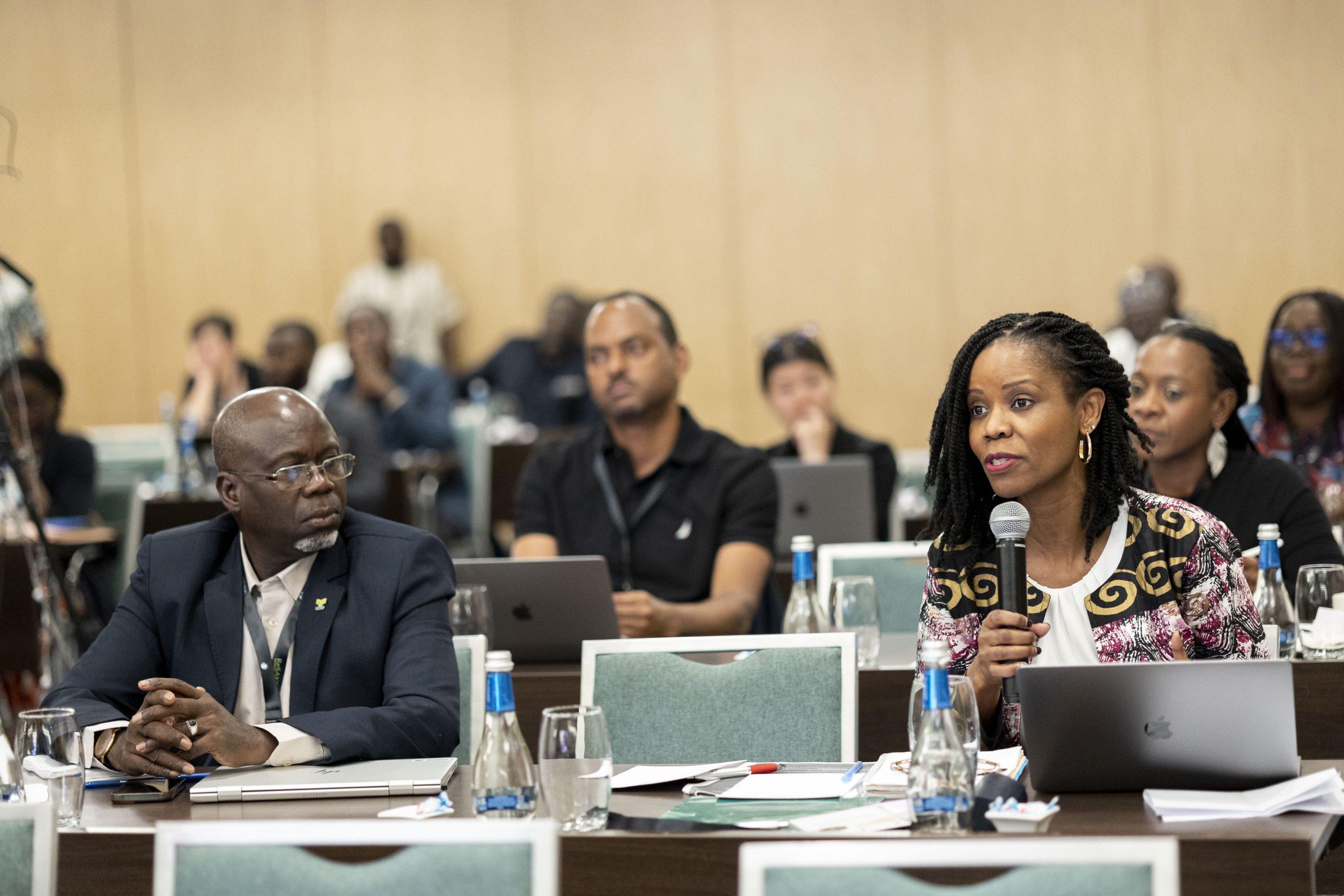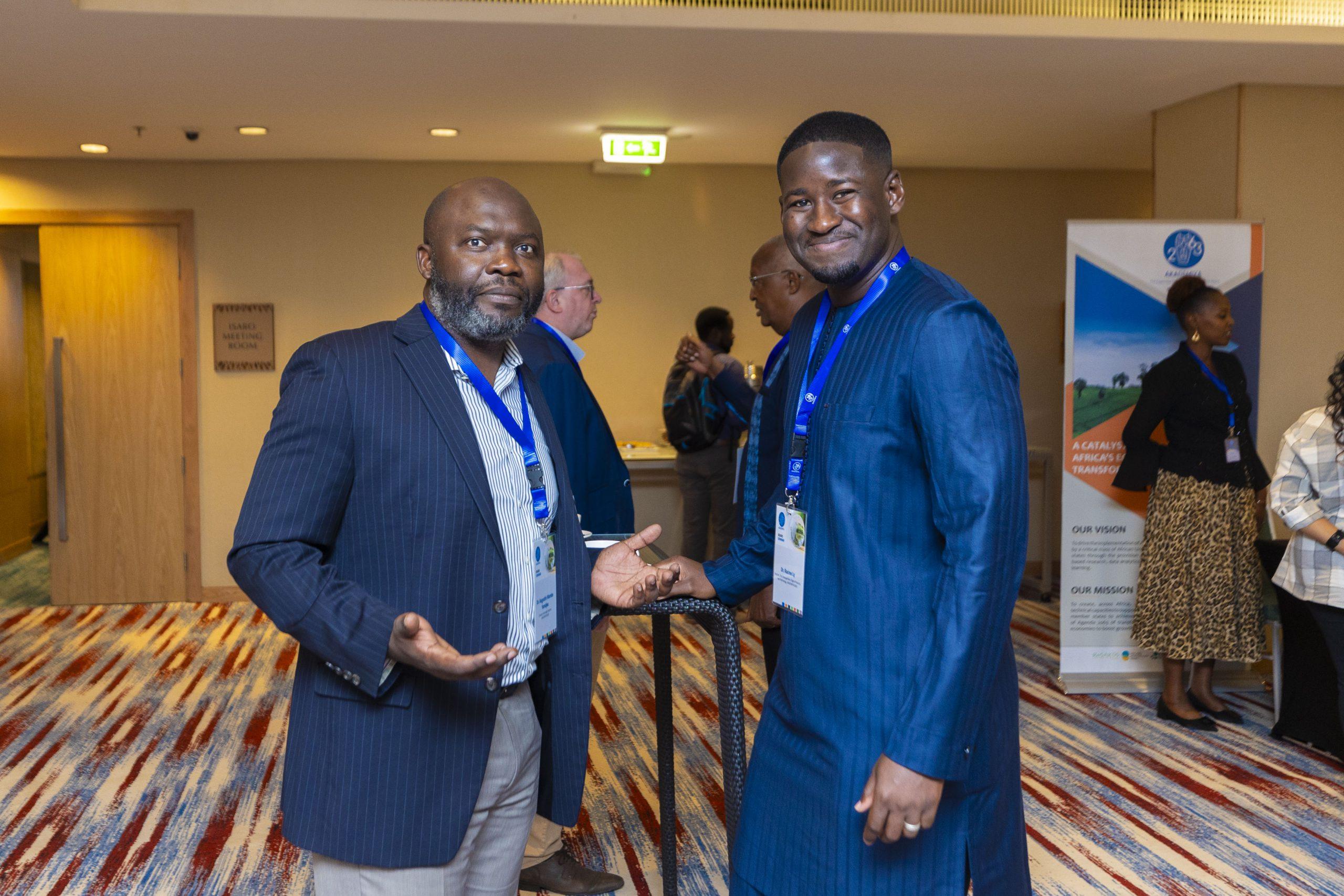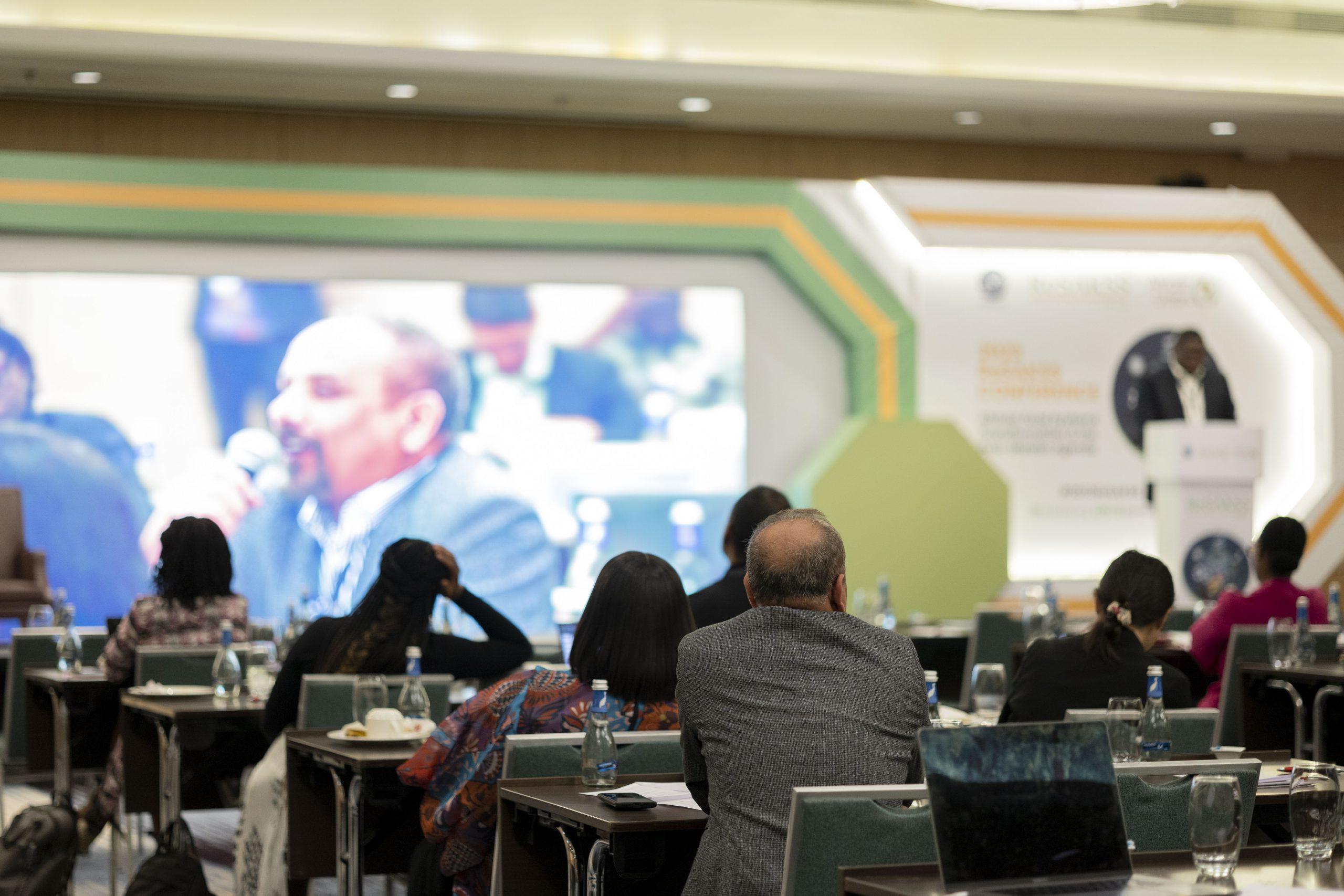AKADEMIYA2063, in partnership with the AUC, is convening the 2024 ReSAKSS Conference to launch the 16th Edition of the ATOR. Organized in partnership with the Policy Center for the New South (PCNS), the in-person event will take place on October 1-3 under the theme “Advancing the Climate and Bioeconomy Agenda in Africa for Resilient and Sustainable Agrifood Systems”.

About the Conference
Learn more about the conference
About
AKADEMIYA2063, in partnership with the AUC, is convening the 2024 ReSAKSS Conference to launch the 16th Edition of the ATOR. Organized in partnership with the Policy Center for the New South (PCNS), the in-person event will take place on October 1-3 under the theme “Advancing the Climate and Bioeconomy Agenda in Africa for Resilient and Sustainable Agrifood Systems”.
With the climate crisis emerging as the biggest threat to Africa’s agricultural trade development and the agricultural sector as a whole, the theme of the 2024 ATOR recognizes the high-priority status of climate change on Africa’s development agenda. Against the backdrop of the Malabo Declaration and in preparation for the imminent Post-Malabo Agenda, this edition delves into recommendations from recent critical climate-related concertations, underscoring the importance of aligning and harmonizing the food and climate change agendas. There is a real opportunity here to leverage evidence and promote dialogue on pathways toward a more comprehensive post-Malabo agenda that integrates the priorities for a successful food systems transformation in the context of a changing climate and global shocks toward an agriculture-led, broad-based economic transformation across Africa.
The conference will take stock of Africa’s climate change and bioeconomy agendas and discuss countries’ implementation strategies under the frameworks of the Paris Agreement, COP28, and the broader continental climate agendas. As the centerpiece of the thematic discussions, the 2024 ATOR will take a deep dive into a selection of key strategic topics at the intersection of climate change and food systems, including bioeconomy, climate finance, renewable energy, and the Global Green Agenda. The research will examine country-, regional-, and continental-level interventions by profiling the key drivers and showcasing documented good practices and policy innovations needed to foster renewable energy in Africa.

Objectives
The 2024 ReSAKSS Conference will bring together state and non-state actors to deliberate on the key findings and policy recommendations of the ReSAKSS 2024 ATOR. A major contribution to evidence in the implementation of continent-wide climate action, overall, the 2024 ATOR sets out to elucidate the needed convergence between the climate change and bioeconomy agendas in the context of the post-Malabo Agenda. The report will provide innovative data and analytics to inform programmatic instruments for sustainable climate-centered interventions toward the sustainable transformation of agrifood systems in Africa.
As such, the conference will provide a forum to:
- Discuss the research evidence and recommendations presented in the 2024 ATOR on trends in adaptation and mitigation options in African agriculture;
- Examine advances in greenhouse gas (GHG) emission tracking;
- Discuss bioeconomy opportunities for African economies, including from the perspective of regional cooperation and integration to enhance the bioeconomy potential in Africa;
- Document and share best practices and lessons learned from bioeconomyinitiatives and projects in Africa and elsewhere to foster inclusive and equitable growth, job creation and rural development in Africa;
- Review the climate finance and bioeconomy agendas in Africa as an avenue to remove a major constraint for many African countries to accelerate progress in climate adaptation, food safety, and other key food systems issues.
- Assess the status of CAADP implementation and progress toward achieving key goals and targets.

Structure
The three-day event will assemble around 150 participants and will facilitate stakeholder dialogue and networking under the following format:
Day 2: Presentations, followed by panel and plenary discussions on the chapters of the 2024 ATOR.
Day 3: Presentations, panel, and plenary discussions on the chapters of the 2024 ATOR, followed by the official closing.
STRUCTURE
Day 1: Kick-off with side events hosted by AKADEMIYA2063 and partner organizations, followed by the official opening of the conference. The opening plenary will feature an overview presentation of the 2024 ATOR, a keynote presentation on the theme, and a moderated panel discussion with high-level stakeholders.
Day 2: Presentations, followed by panel and plenary discussions on the chapters of the 2024 ATOR.
Day 3: Presentations, panel, and plenary discussions on the chapters of the 2024 ATOR, followed by the official closing.